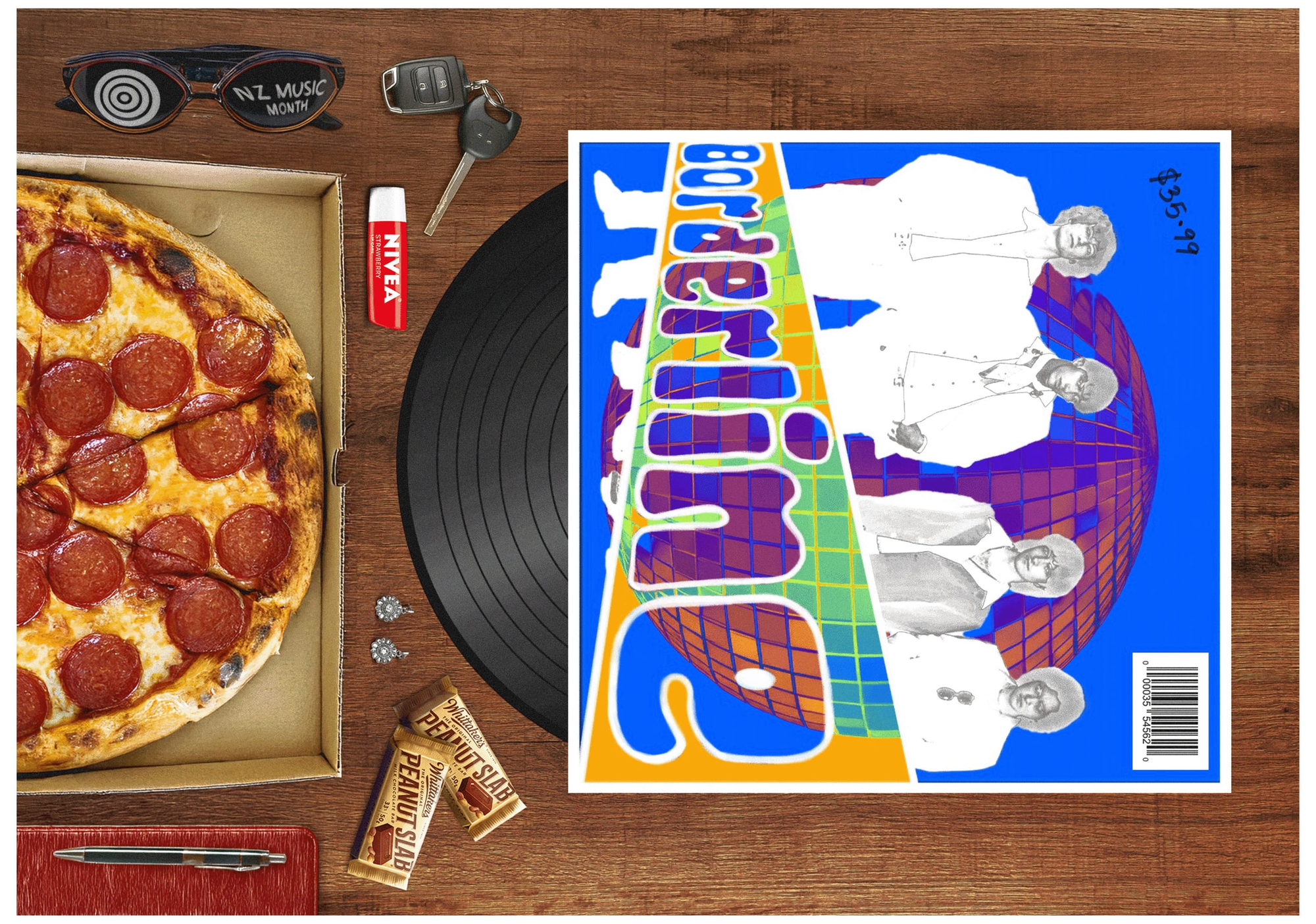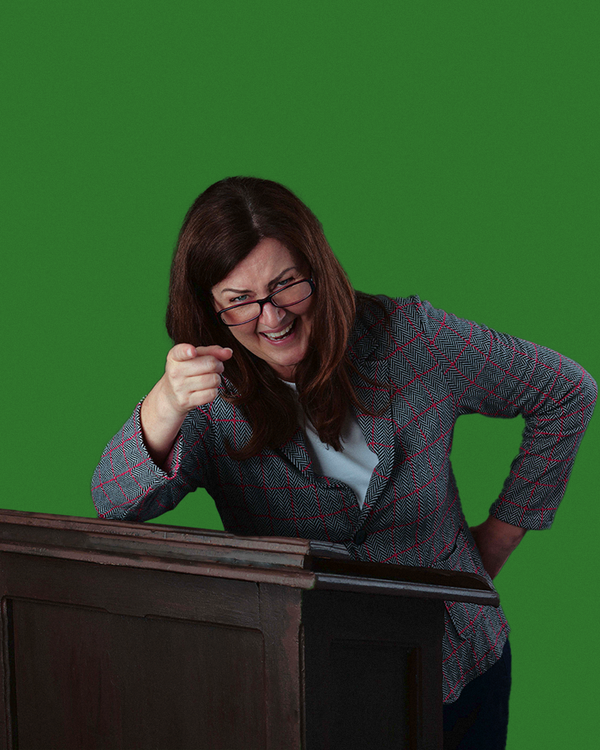
Doc Edge 2025 Craccum Coverage | The Promise
Colonised, abandoned, and silenced, The Promise shatters the myth of progress and exposes the price of forgotten liberation struggles.


Colonised, abandoned, and silenced, The Promise shatters the myth of progress and exposes the price of forgotten liberation struggles.

In seas claimed by giants, Filipino fishermen and soldiers fight not for glory, but survival—abandoned, resilient, and tragically expendable.

Black Faggot is an award-winning play written by Victor Roger in 2013. The show has returned to Auckland, on stage at Q Theatre until 29 June.

Devotional art(washing) at its propagandistic nadir.

Where love is a product, men become consumers—lonely, desperate, and trapped in a game rigged by capital, class, and performance.

Bernard Shaw’s Saint Joan comes to Auckland in a bold, stripped-back production. Flyleaf Theatre's Grace Augustine and Aaron Richardson reimagine Joan of Arc’s story as one of resistance, faith, and defiance, with sharp edits, quiet magic, and urgent relevance for today.

A short review of I Didn't Invite You Here To Lecture Me, a verbatim comedy based on real lecturers from the writer's time at UoA.

Craccum Throwback | Originally Published in Issue 2, 2023. Is ChatGPT All Talk and No Action? An expert weighs in on the hype surrounding the AI chatbot

Promises crumble, farmers vanish, factories stagnate—development devours dignity in this bleak farce of 'economic progress'.

Mini-interviews with the artists performing SURVIVE, a show featuring three performances celebrating Queer identity and authenticity.

A short review of Tuatara Collective's show SURVIVE, performed as part of the HAU Festival.

"It is so hard to make a house."